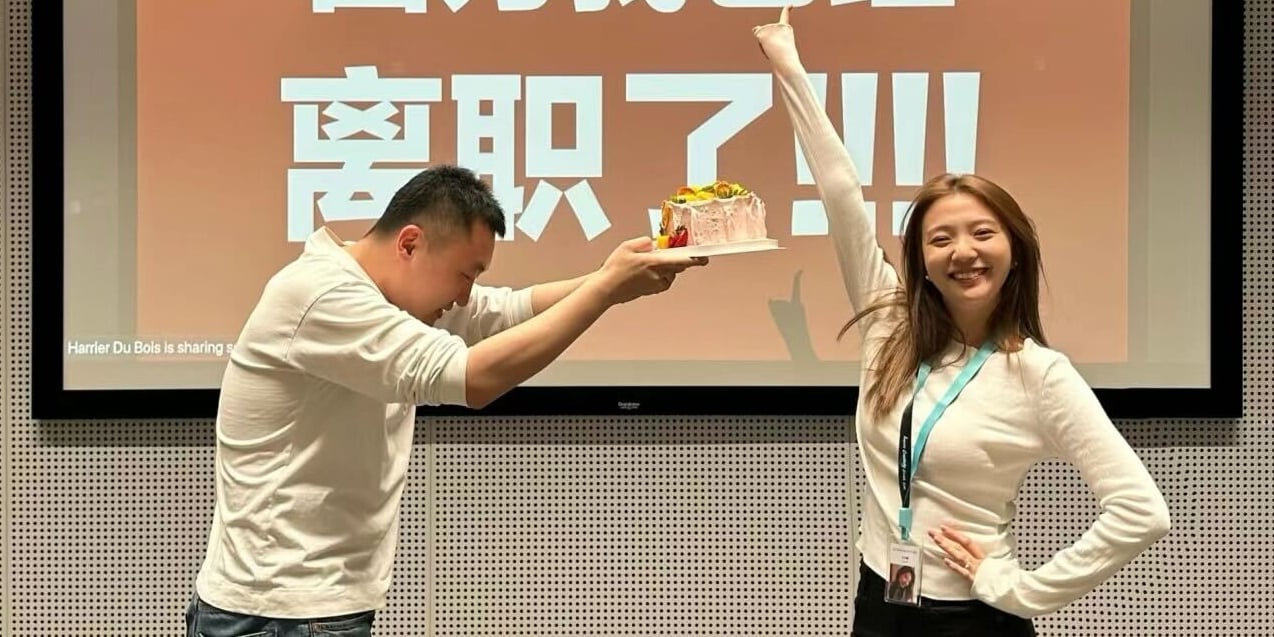While the rest of the world is discussing quiet quitting, Chinese youth have found an alternative to their country’s involuted work culture: embracing the largely overlooked profession of guarding things and keeping places secure.
A ubiquitous role in China, security guards are stationed at the entrances of most housing compounds, companies, school campuses, and commercial complexes.

In recent months, some young Chinese netizens have begun to share snippets of their lives as security guards (保安, baoan) using the hashtag ‘Baoan Diary’ (#保安日记#). The hashtag has gained a staggering 3.6 billion views on Douyin, China’s version of TikTok, and 19 million views on the Instagram-like platform Xiaohongshu.
Besides posting pictures and videos of their uniforms and workplace (which is often a cramped roadside shed), users discuss their salaries, working hours, and what inspired them to become security guards.
A viral post on Xiaohongshu reads: “Monthly salary is 4,500 RMB (about 620 USD), there is AC, Wi-Fi, electric plugs […] Every day I sit there, draw, and learn some English. My life is so happy. No pressure at all!”

Similarly, a video of another young security guard went viral on Douyin after he shared how taking on the role in his 20s would prevent him from making a “40-year detour” (少走40年弯路) — a reference to the trouble of hustling for a better paying but stressful job in one’s youth, only to settle for a low-effort job with lower compensation when older.
Many admiring netizens have adopted the catchphrase and expressed their respect for those who settle for easy and stable jobs with lower salaries instead of wasting time trying to ascend the corporate ladder.
Following in the footsteps of the ‘cadre chic’ trend that saw young Chinese people embracing civil servant attire earlier this year, security guard uniforms have become a fashion statement. Netizens have been cosplaying as security guards on Douyin and posting bizarre thirst-traps while dressed in uniform.

The viral security guard trend is the latest chapter in a Chinese phenomenon dubbed ‘lying flat,’ which has many similarities to quiet quitting in the West.
The movement, which emerged in 2021, promotes taking a relaxed attitude toward one’s work and has become a silent yet powerful way to protest the country’s involuted working culture.
In 2022, the catchphrase ‘let it rot’ took ‘lying flat’ to new heights, capturing a darker, more cynical mentality that describes completely giving up on the pursuit of one’s goals.
Cover image designed by the author



















